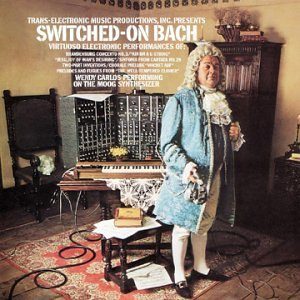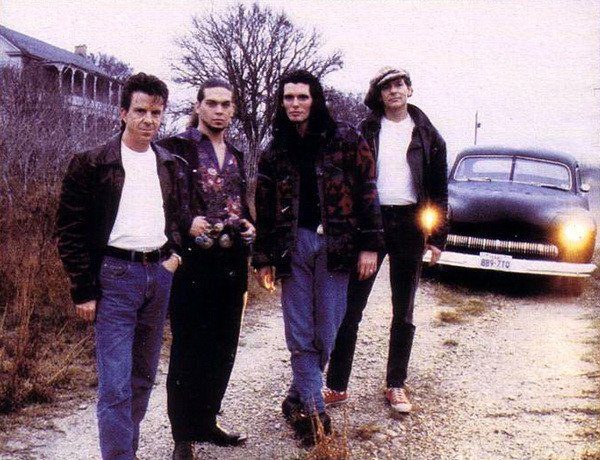It will not surprise you that I was a big fan of the early Woody Allen movies. His wry ability to observe the world around him, and turn everything on its head I have tried to adopt most of my life. One of his earliest observations was about advice from God to a man that was having trouble selling his shirts, and prayed for guidance. “Sew an alligator over the pocket”. The puzzled believer asked “An Alligator??” “Yes”… and there was much rejoicing as the shirts sold off the shelf 😉 He wrote this long before the era we are in where logos, symbols, and signals mean so much… or do they? What exactly is Virtue?
As with all things, it depends… and is way more complex than I thought 😉 The simple definition of Virtue is “behavior showing high moral standards” coming from the Latin Virtus. Words such as “goodness” and “righteous” are synonyms… and then it starts down a long path – which means picking it for this week will likely have lots of twist and turns worth thinking about. This led me to “what music is the most “virtuous” – and also what music haven’t I written about in a long time, forcing me out of my own comfort zone (is that a virtue??). That led me to Classical – probably one of the largest bodies of music that I have very little depth in. So I am going to try and use this week to focus on one of the foundational authors of that Virtuous genre – Johann Sebastian Bach.
I wanted to kick the week off with one of the only pieces of classical music I owned, given to me on 8 track for my 14th birthday along with the matching stereo. I have tried to write about this music before, and now remember why I didn’t – it is almost impossible to find anywhere – YouTube, Apple Music, whatever. Many people have offered their own versions of it, but actually finding recordings of it easily available is difficult. I suspect that the lawyers for Columbia are active in finding people who post it for “free use” and convince them that is not a Virtue they want to support. The author was Walter/Wendy Carlos who as a young person showed an early interest in music, compositions, and computers. Working at the Columbia-Princeton Electronic Music Laboratory, this work grew out of a key partnership with Robert Moog.
The concept was simple – musical tones are at the end sine waves that can be produced with a “simple” electronic circuit – a tuned oscillator. As with any string, pair the right resistor and capacitor together and the circuit will have a “natural” frequency – vary either and you can change that. On that basis, Moog and Carlos partnered to produce the first Synthesizer and an album that made it easy for listeners to marvel at the “new” sounds – remember again our brain loves anything new and different. These notes were “pure” and often would take hours to produce just one they would record, and then dub over others, repeat, repeat. It took long hours of work in the studio but launched an entire genre of music and much of what we hear now is “synthetic” and was one of the few Classical albums to go Gold.
Virtue is a frequent companion in my work with leaders, or better said, “…they meant to do the wrong thing!!” Possible – but most people I know don’t engage purposefully to do the “wrong” thing… most have some internal compass, their own interpretation of Virtues. As we start out the week listening to something close to pure synthetic notes, consider what your own Virtue’s are, and how they impact your daily effort with teams and friends. The soundtrack – Bach’s first Brandenberg Concerto – also selected as the first musical piece for Voyager’s Golden Record – V’gr for those Star Trek fans out there 😉




